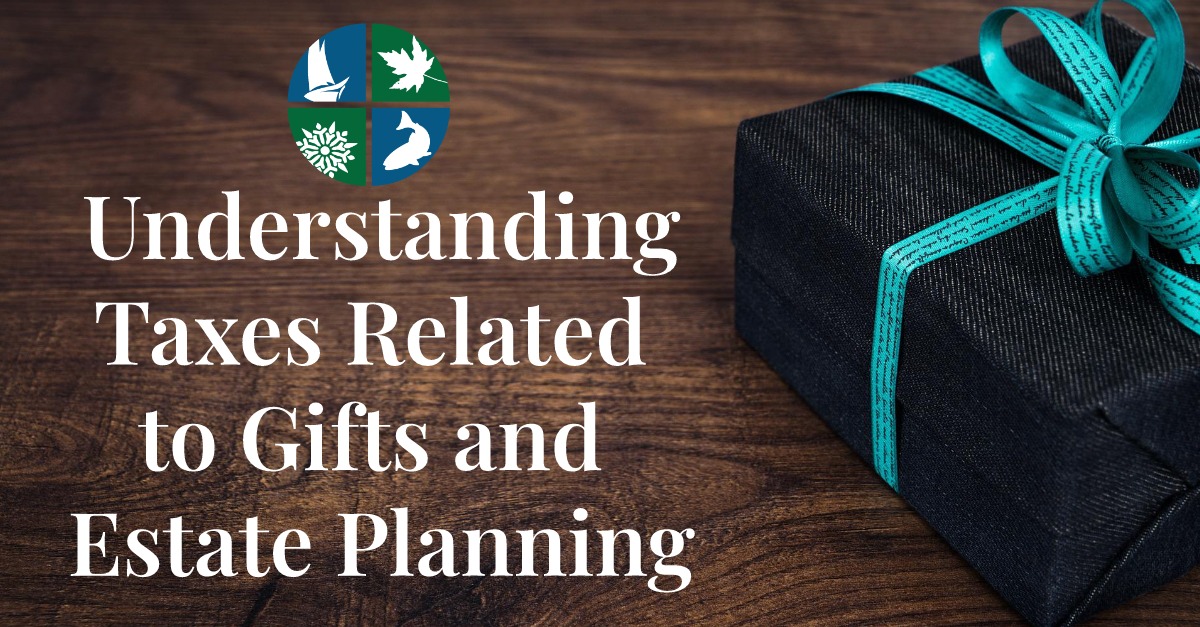The Internal Revenue Service considers the transfer of assets from one person or estate to another as a taxable event. These taxes are often referred to as gift taxes and estate taxes. They include any asset such as cash and property. The good news is the IRS has tax exemptions based on the total estate or individual asset’s value. Only transfers of high value, a small percentage of all gift and estate transfers, actually trigger paying money to the IRS.
The tax exemption limits for gifts and asset transfers for gifts change depending on current politics and policies. Many people thought these limits would decrease in 2022 due to the Build Back Better Act, meaning smaller gifts and estate transfers would have been taxed. Instead, the limits increased in 2022, and the higher rates will remain through 2026, when they are scheduled to revert back to the 2012 Act levels.
This increase allows higher net worth individuals to shelter assets from tax consequences in their estate planning strategies through 2026. A gift tax is paid by the person giving the gift, and the estate pays the estate tax before it transfers to the heirs. Please note that these taxes and exemptions are federal. Some states may have additional taxes and exemptions.
Current Estate Taxes Limits
As of 2022, an individual estate worth 12.06 million dollars or less is exempt from estate taxes when bequeathed to heirs. This amount doubles for a married couple to 26.12 million. Estates worth more than those values will incur taxes at rates proportionate to the amount that exceeds the exemption. For example, an individual’s estate worth 12.07 million dollars would have .01 million taxed at about 20 percent. However, an individual’s estate worth 15 million dollars would have almost three million dollars taxed at 40 percent.
Estate Tax Exemptions after 2026
Few people know when their estate will transfer to their heirs. That makes planning around laws set to expire almost impossible. Unless a new act passes, the estate tax exemption will revert to about five million dollars, adjusted for inflation, in 2026. It is important to plan how you want to transfer your assets to your heirs so that they receive the full amount of their inheritance. Planning is crucial for people with estates worth more than the tax exemption levels. Call us for a consultation at (207)848-5600 or check out our CONTACT page!




